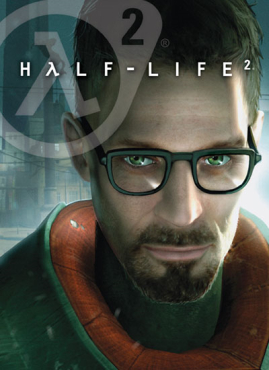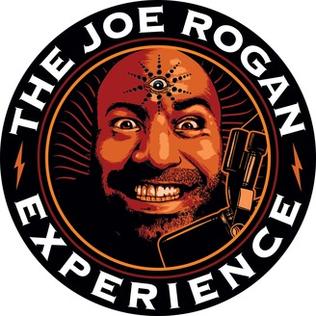Lists



3 Books
Favourite Books Ever
Sort by:
Recent Desc
More lists by Sam Lumsden



Movies to Watch
List includes: Pump Up the Volume, Love Me If You Dare, Fast Times at Ridgemont High
August 2022
0
@samdlumsden



Favourite Films
List includes: The Fifth Element, Napoleon Dynamite, Office Space
May 2022
0
@samdlumsden



Movies to feel lonely with
List includes: Into the Wild, Titanic, Lost in Translation
October 2021
0
@samdlumsden



Favourite TV Shows Ever
List includes: South Park, The Simpsons, Extras
April 2021
0
@samdlumsden



Favourite Games Ever
List includes: Half-Life, Half-Life 2, Deus Ex
January 2021
0
@samdlumsden



Favourite Bands Ever
List includes: Tool, A Perfect Circle, Aerosmith
December 2020
0
@samdlumsden



Favourite Podcasts
List includes: The Joe Rogan Experience, The Infinite Monkey Cage, Off Menu with Ed Gamble and James Acaster
December 2020
0
@samdlumsden

Books to Read
List includes: The Antidote: Happiness for People Who Can't Stand Positive Thinking
December 2020
0
@samdlumsden